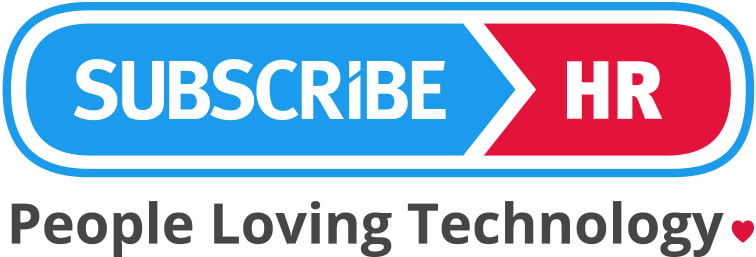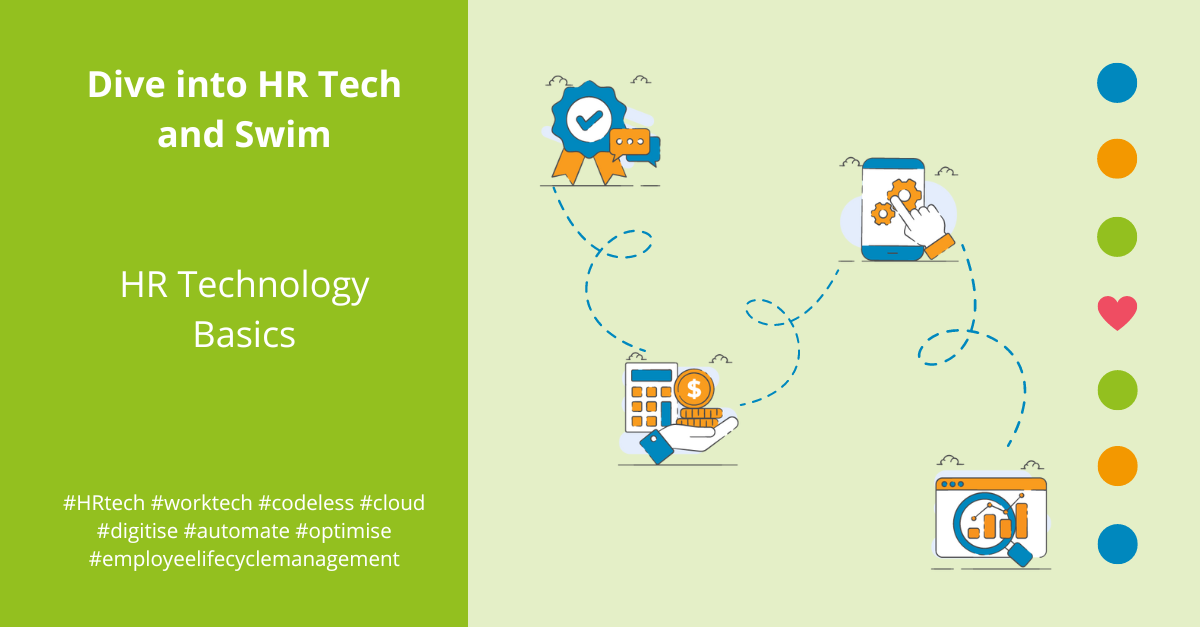There are many HR Technologies on the market which can make it more complicated and confusing when trying the select the right HR Technology. Across the silos of HR and Employee Lifecycle management exist specific Core HR functions which are both operational and strategic. The top layer of the Employee Lifecycle is made up of Recruitment, Onboarding, Crossboarding, Offboarding, Timesheets, Rostering and Awards, Payroll, Self-Service and Core-HR. These areas could be said to be fundamental to the operation of a business and there are significant benefits from automating all of these aspects of operations so that more time can be spent on strategic initiatives or simply having less stress at work. Background Checking is also an important part of this spine. Being able to run checks as Applicants are moved through the Recruitment process is important, as is rechecking employees as checks expire.
Deeper than Core
As we move deeper into Employee Data Management, we enter the Learning and Development arena, which is made of up blended learning, Rewards and Recognition. HR Teams with three people or less barely have enough time for the Core elements suggested above, so its important to have some structure around Training / Course general requirements like Mandatory Training and placing the heaving lifting on digital technology. Tightly woven into Learning and Development is Talent / Performance Management and Succession.
All in One or Best of Breed
All-in-one solutions have benefits and drawbacks, and most HR Software providers that have 'all-in-ones' usually have joined these systems through acquisition, so they are generally still API-ed and plugged together. With best-of-breed options you find a separation of power and risk, with new API technology being at the forefront of partner-led, ecosystems-based / white-labelled solutions and strategic partner alliances.
A Lot for HR to Manage
You can see by the length and breadth of the systems outlined above that Human Resources covers a large amount of processes and data. Anyone still using spreadsheet should contact a HR Technology provider straight away.
Your first HR Tech purchases Teacher You a Lot
Now when you lift the lid on any HR Technology you need to do the right due diligence. This is based on the understanding that you are selecting a shrink-wrapped product or a Platform. For less complex and sophisticated requirements, something out-of-the-box may be ok. Make this selection with an expiry date of that product in mind. Depending on your business, you may outgrow these products quickly. They teach you a lot about the basics of #HRTech, then, as you become more familiar with your requirements, they may not be able to scale and grow with the business. Enter HR Technology Platforms. These systems have much more under the hood in terms of flexibility and scalability. Both types of approaches will offer out-of-the-box content to get you up and running quickly. The level of standard content here may be different. Like the number and types of Workflows / Push Notifications, Reports, Performance Reviews, Surveys, Checklists, Integration Ready APIs to ecosystem products etc.
Low Code and Codeless HR Tech
Making changes and adding functionality through smart technology is where first time purchasers sometimes get stuck. They may have been promised flexibility that doesn’t exists and its too late once a commitment is made. With SaaS Platforms, there is an amazing array of configuration options which allow you to make changes and customisations on the fly during set-up. They also offer expansion and scaling options for building new features, fields, tabs, objects, workflows, reports, APIs, surveys, and more.

Functionality
Spec up your Top 10 – 15 key features. Provide them to the vendor. Ask yourself, what are the absolute must haves that are going to allow you to provide a fast success story to the management team? What do the stakeholders think are the 5 most important benefits and features. Big ticket Items. Focus on these in the initial phases of the project.
Contracts and Terms
Without Scope commitment from the Vendor at sign-up, there are too many variables which will impact on your implementation. The start of the project should hit the ground running and not be about the discovery or information gathering. This needs to be done prior to contract signing. Any procurement hurdles need to be outlined early (at the start of the go to market engagement), to ensure that the right HR Tech Partner is moved through the process efficiently.
Implementation
Its not always possible to have a designated customer side project resource available solely for the implementation. So the workload of the HR Team needs to be factored into the HR Team's schedule and implementation planned around this. It's wise to keep the initial implementation as simple as possible and rely on the standard content / configuration. If you are lucky enough to have found a codeless / low code / configurable product then you will be able to take advantage of these quick configuration options during the implementation. This will allow you to make cost-effective and fast changes at that time or after the initial phases. Allowing for low foot-print change management.
Download
If you're ready to start thinking about putting your business case together to take to the Executive Team for HR Tech budget approval, DOWNLOAD this HR Story Telling White Paper by Clicking the DOWNLOAD NOW button below. Here you learn about pitching your story to people in a language they understand, based on their values and yours. Win win.



